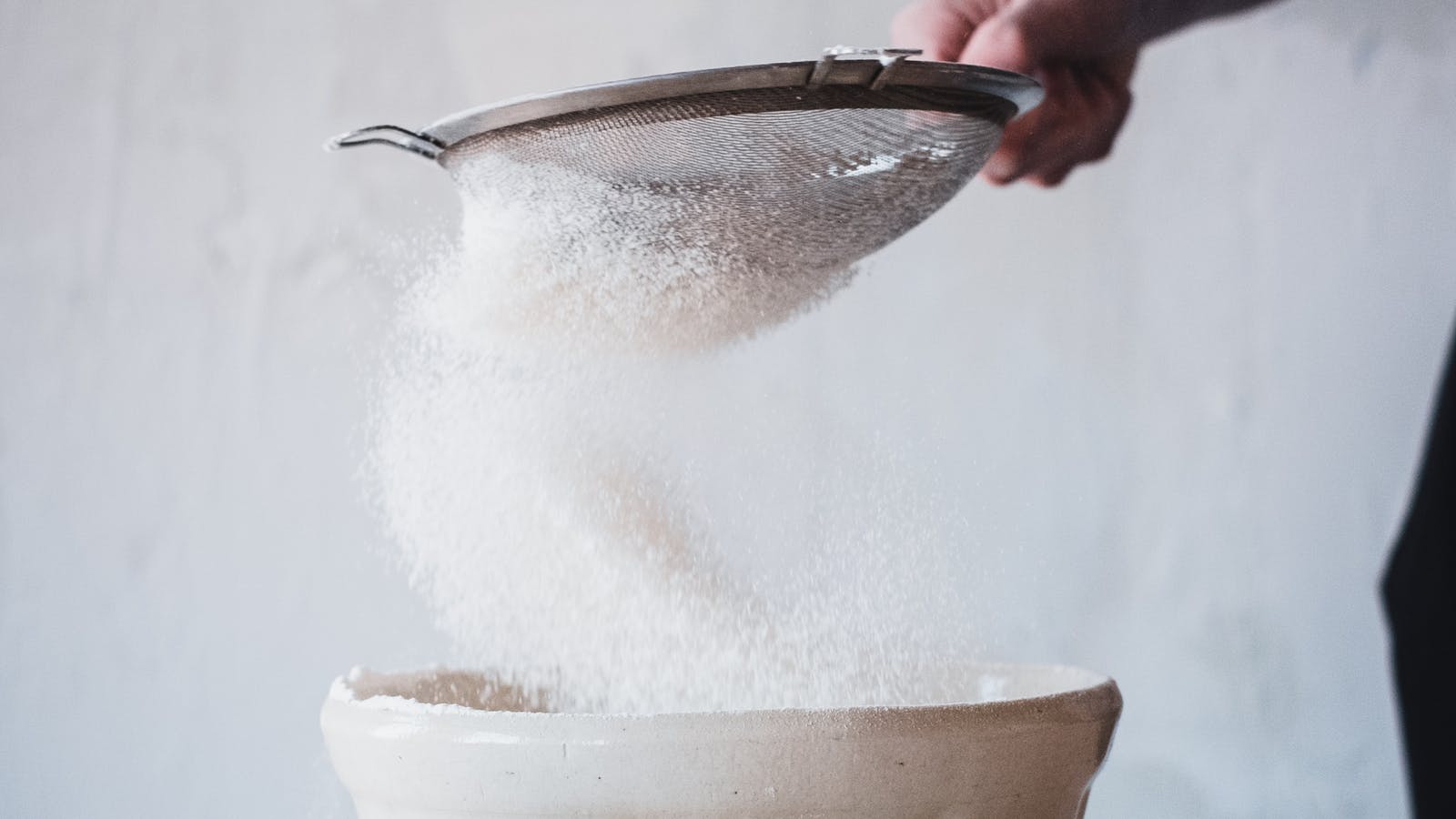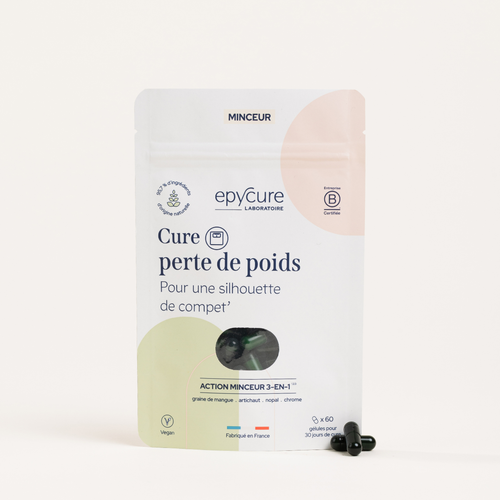In recent years, research in nutrition and weight management has focused not only on the quantity of calories and the distribution of macronutrients, but above all on their origin and quality. This is how the low glycemic index diet phenomenon was born around thirty years ago, according to which the types of carbohydrates we choose to consume have a major influence on our weight, but also on our levels of energy, our cardiovascular health and our body. This is why at Epycure, we have created effective natural products that allow you to keep control of your figure!
How does the glycemic index work?
To fully understand the glycemic index, you must first know that unlike the consumption of proteins and fats, the ingestion of carbohydrates (sugars and starches) always leads to an increase in blood sugar levels ( called blood sugar peak) which has a double effect:
- Part of this sugar will be transported directly inside the cells, so that they can produce the energy that the body needs at that moment.
- The unused surplus will be stored for future needs, in the limited reserves of the liver and muscles, then in the form of... fat! Our gunpowder helps drain this excess to prevent it from being stored in the body.
But the speed at which each type of sugar is absorbed is different and therefore so are the effects of ingesting them on our bodies and our ability to store them. This is what the famous glycemic index (or GI) of foods measures.
- High GI (= rapid sugar): the type of sugar contained in the food causes a rapid and sudden rise in blood sugar. A lot of energy is made available immediately and if it is not used by the cells, it will be stored!
- Low GI (= slow sugar): conversely, the type of sugar contained in the food causes a slow and gradual rise in blood sugar. The release of energy is moderate and gradual, over time and carbohydrates are therefore less likely to be stored.
Factors that influence the glycemic index of foods
To be completely precise, it is important to take into account certain factors that can increase or decrease the glycemic index of foods:
- The degree of ripening and aging: fruits experience an increase in their glycemic index with their aging.
- The presence of fiber: the glycemic index of a fruit will be much higher in juice form than in its whole form and in the same way, a whole cereal will have a lower glycemic index than a refined (white) cereal.
- Cooking: the more a food is cooked, the more its glycemic index increases. Prefer cooking with gentle steam or stewing.
- Food combinations: adding proteins or good fats to a sweet product with a high number of calories (or carbohydrates) will slow down the rate of rise in blood sugar and therefore reduce its glycemic index.
What are the good carbohydrates for weight loss?
- Avoid the consumption of high GI foods: ultra-processed products, refined cereals and derived products (breads, pastas, flours), baked, boiled and mashed potatoes, dried fruits, sugar and natural sweeteners (honey, maple syrup, etc.)
- Consume moderate GI foods reasonably, preferably on the days when you exercise the most: whole foods (especially oatmeal, basmati rice, brown rice), whole grain breads, flours and pastas, steamed potatoes. , banana, blackberry, melon.
- And if you're addicted to bread... always choose wholemeal sourdough bread. Natural yeasts predigest part of the sugars during fermentation and thus contribute to lowering its glycemic index.
- Consume low GI foods at all meals: whole fruits, vegetables (half your plate!), legumes, buckwheat, quinoa, bulgur, wild rice, oilseeds, dark chocolate (>80%)
- Favor gentle cooking such as steaming or cooking at low temperature
- Consume quality proteins and/or fats with every meal
- Finally, do sports to stay in shape! You will gain muscle mass and thus tolerate a higher carbohydrate intake, without the risk of weight gain ;)
Where are the good carbs?
- Fruits & vegetables : these are the best sources of carbohydrates. Vegetables are very good for health, it is advisable to consume them daily. It is preferable to consume fruits whole, they are extremely rich in fiber, antioxidants and vitamins thanks to the fructose they contain. Opt for a smoothie bowl, this will allow you to mix fruits and vegetables and stock up on vitamins!
- Tubers : potatoes, carrots, beetroot, Jerusalem artichoke for example.
- Whole grains : pasta, rice, barley, buckwheat, wheat, etc. Refined cereals have a higher GI than less refined cereals. Basmati rice is the most nourishing source, thanks to the starch contained, which will allow digestion more slowly and easily.
- Legumes : beans, lentils, chickpeas for example
Sources:
The new IG Diet, Angélique Houlbert and Elvire Nérin



